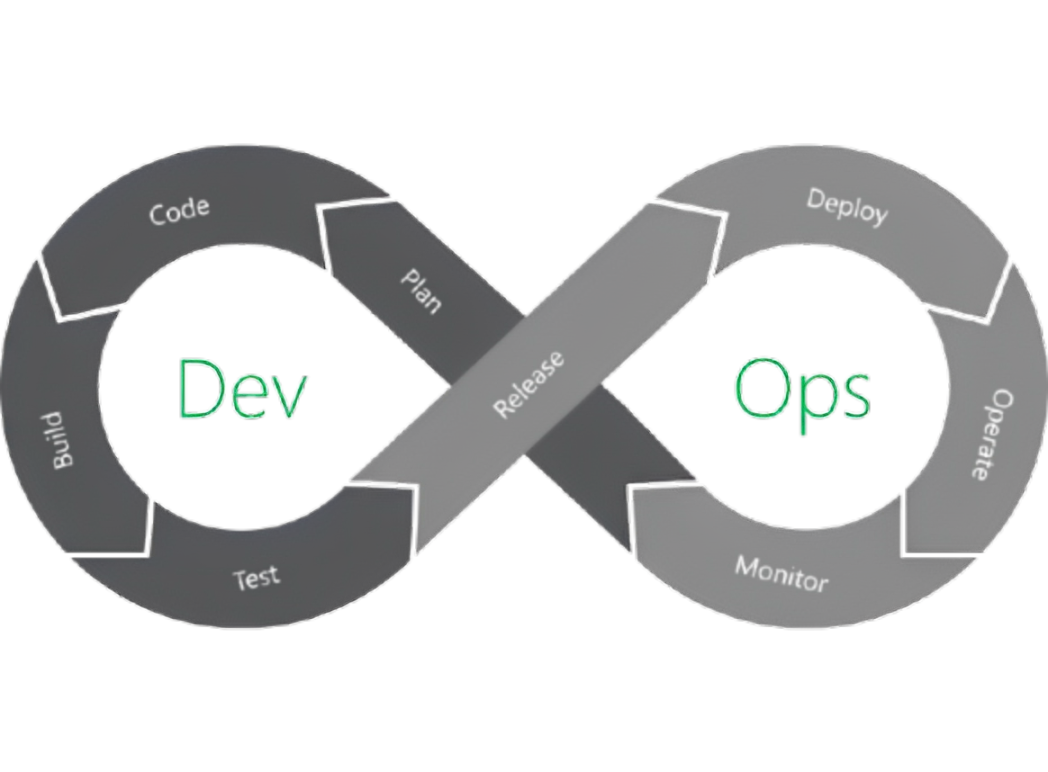Devops aws
As businesses strive to deliver software faster and more reliably, DevOps has emerged as a crucial methodology in modern software development. This course on DevOps provides an in-depth exploration of the principles, processes, and tools that enable seamless collaboration between development and operations teams. Covering everything from fundamental Linux commands to advanced tools like Kubernetes and Terraform, this course is designed for those aiming to bridge the gap between coding and deployment. With a strong demand for skilled DevOps professionals, this course opens up promising career opportunities in the growing DevOps field.
Course Contents
-
DevOps Fundamentals
- DevOps Introduction: Understand the basics of DevOps and its transformative impact on software development and operations.
- Software Development Life Cycles (SDLC): Overview of SDLC and its role in structured software development.
- Waterfall Model, Agile Methodology, Scrum Model: A comparison of traditional and modern methodologies to understand where DevOps fits.
- Sprint/Iteration: Learn the iterative approach in Agile for delivering software.
- What is DevOps? Why DevOps?: Explore the need for DevOps, its advantages, and its role in accelerating deployment.
- DevOps Importance and Model: The key principles and practices that form the foundation of DevOps.
- DevOps Life Cycle: Detailed breakdown of the DevOps lifecycle stages, from planning to monitoring.
- Market Trend and Career Scope for DevOps: Insights into DevOps career opportunities and market demand.
Linux Fundamentals
- Introduction to Linux Operating System: Basics of Linux OS, an essential component for DevOps.
- Linux Basic Commands: Essential commands to navigate and manage Linux systems.
- Disk Partitions, User Administration, and Creation of Sudo Accounts: Skills for managing disk space and user privileges.
- RPM and YUM: Package management tools for installing, updating, and managing software.
- Networking Concepts, DNS, and DHCP: Fundamentals of networking in Linux.
- Web Server: Setting up a web server in Linux for hosting applications.
DevOps Tools
- GitHub: Version control and collaborative coding with GitHub.
- Maven: Build automation and project management.
- Tomcat and Apache HTTP Server: Web servers for application deployment.
- SonarQube: A tool for continuous inspection of code quality.
- Kubernetes: Orchestration tool for managing containerized applications.
- Ansible: Automation tool for configuration management and deployment.
- Nagios: Monitoring tool to track system health and performance.
- Terraform: Infrastructure-as-Code (IaC) tool for building and managing infrastructure.
AWS Services for DevOps
- Elastic Compute Cloud (EC2): Virtual servers for scalable cloud computing.
- Security Groups: Managing security and access control in AWS.
- EFS Service: Scalable file storage for use with EC2.
- Amazon Machine Instance (AMI): Pre-configured images for rapid server deployment.
- Elastic Block Store (EBS): Persistent block storage for EC2 instances.
- Auto Scaling: Automatically adjust resources based on demand.
- Elastic IP (EIP): Static IP addresses for dynamic cloud infrastructure.
- Virtual Private Cloud (VPC): Isolated networks within AWS for secure data management.
- Simple Storage Service (S3): Scalable storage for backups, archiving, and data analytics.
- Elastic Load Balancer (ELB): Distributes incoming traffic across multiple servers.
- Identity Access Management (IAM): Securely manage access to AWS resources.

This comprehensive DevOps course empowers you with the skills to streamline development and operational processes, ensuring faster delivery and reliability. With hands-on knowledge of Linux, DevOps tools, and AWS services, you’ll be prepared to excel in a DevOps role, enhance your team’s productivity, and contribute to high-performance systems in a range of industries. DevOps expertise is highly valued in today’s competitive job market, making this course an essential step toward a rewarding career.
